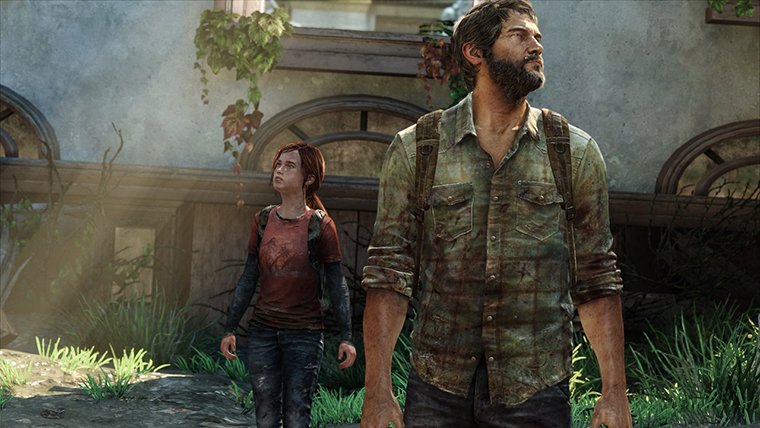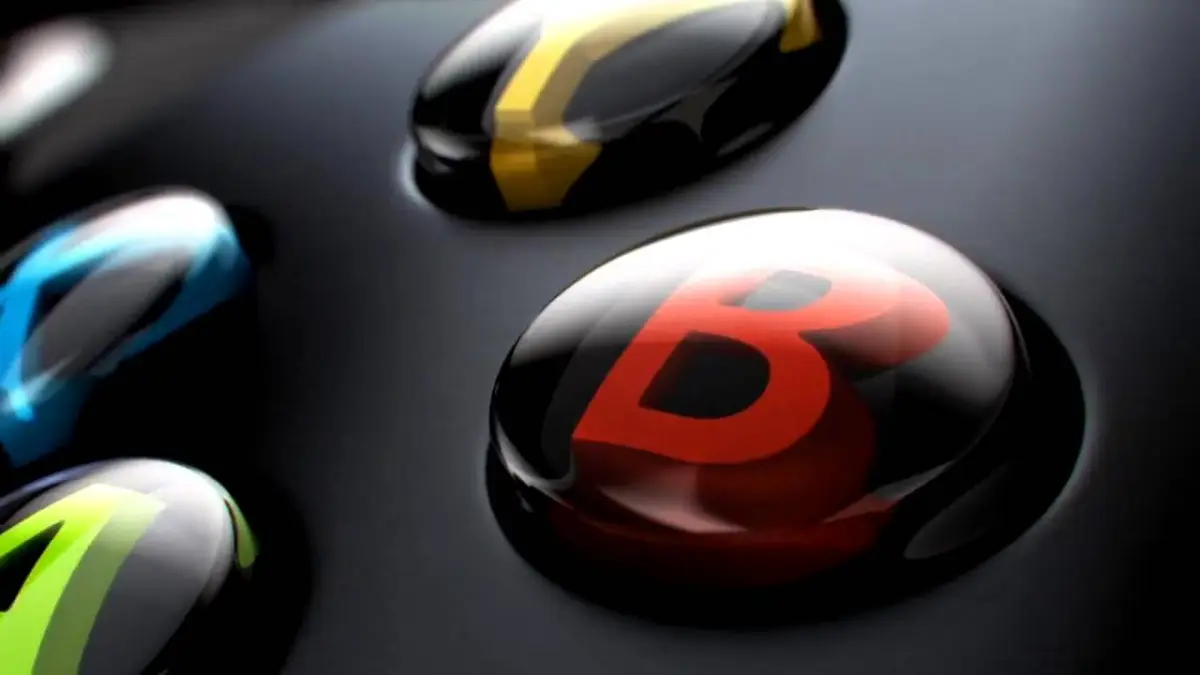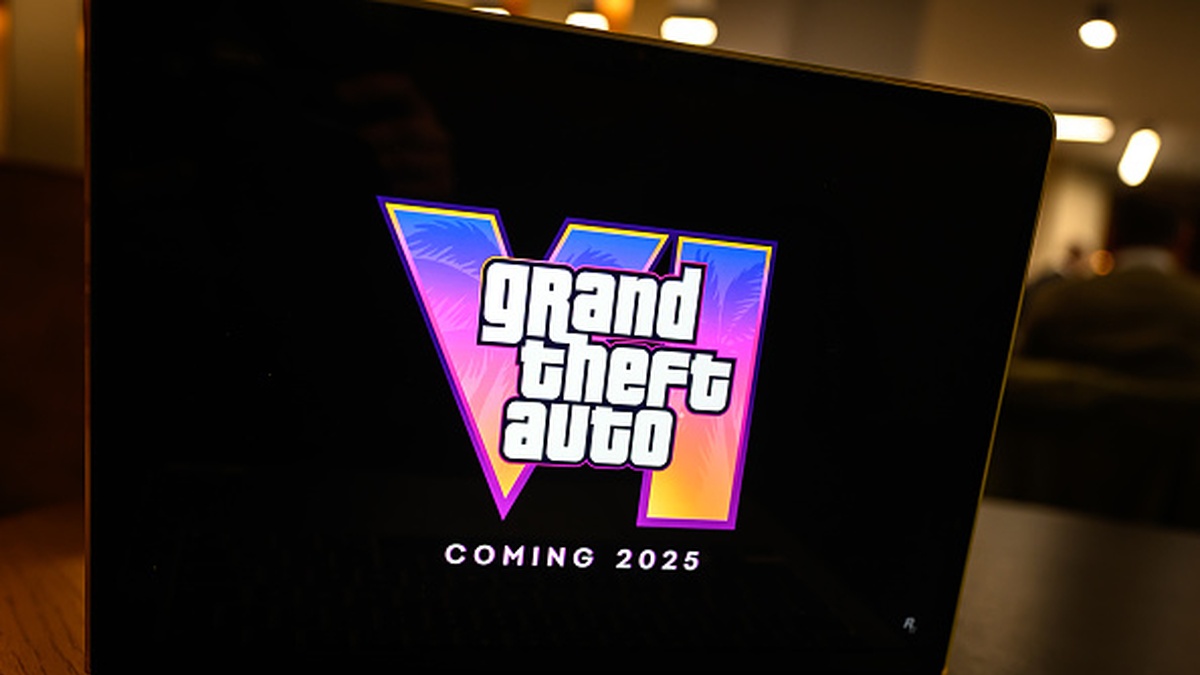Are video games art? It’s something pretentious gamers and non-gamers alike have argued over for a while. There have even been major critics involved in these disputes (Roger Ebert came down against the notion of video games as art in 2005, though he partially recanted some of his points later) and everyone seems to have an opinion.
Are video games art? It may seem simple, but we must first decide what art is… which is impossible. Asking a thousand different art critics, teachers and artists will net you nine hundred and ninety different answers (I assume some have copied off of each other to get to where they are). When you ask Google to define art, the first hit begins: “the expression or application of human creative skill and imagination, typically in a visual form such as painting or sculpture, producing works to be appreciated primarily for their beauty or power.” That is workable, in a way. The first part is true of games, there is creative skill involved in their construction. The latter clause in that definition seems to be the hang up – regardless of how someone defines art, a common theme in those definitions is weight. Emotional power. Art gives you a notion that as a work, it is greater than the sum of its parts. Usually (and I speak of my own experience here) art to me leads me to some better understanding of what it means to be human. Do video games help us understand ourselves?
This seems a no-brainer. Obviously, video games give us insight into life. But do their insights carry artistic value? I suppose that is another question that is impossible to answer for everyone. But, to get the point, there have been a few games this year that made me think they were art. They registered something within me that made me step back, and actually recap what message I had seen in them. It eventually dawned on me that I would classify these moments as reflections on an artistic piece’s subject matter. Here’s the three that readily came to mind, and what I thought about them. Obviously, there are going to be *spoilers.*

The Last of Us – Naughty Dog
The Last of Us was bound to make this list right? I thought I would get it out of the way, and it fits into my list chronologically this way (hint-hint). The Last of Us was quite an experience. If I’m honest, I was not even the one playing most of this game, but the impact was there. The plot seems like a story I have seen somewhere before, but it is so well executed that I really did not mind. There is tons of polish all over this game, and it makes all of the ‘game’ bits work really well.
But beyond just being well executed, the game had power. The story was powerful. The characters seemed real. They seemed like they wanted to live the best life they could under some really unfortunate circumstances. They seemed like they wanted to care, and be cared for, in an organic and unforced way. This story is basically a character study of the protagonist Joel. It leads the player through some depressing parts of his life. In a bid to make you actually care and share in his loss, the opening portion of the game puts you in the shoes of his daughter. When the world begins to turn into a crazy, unsafe place, you have to begin to deal with it as a small, defenseless girl. Even when she is incapacitated, and play switches to Joel, it is hard to see her death coming. Then the game proper begins, and we see that loss has made Joel a hard man. He is not the go-anywhere, do-anything for anyone type of person. But the clever narrative brings him and Ellie together.
Through the plot, Joel becomes attached to Ellie, for obvious surrogate father reasons. But, unlike many stories, it seems natural. It’s not just that one day, Ellie is in trouble and Joel whimsically decides to be her father. He grows into the roll, and we as the player get to grow with him. The gritty use of violence does a lot to mature both player and Joel. Sure, we probably don’t see Joel as a pacifist in the beginning of the game, but there are some diabolically brutal sequences. We become desperate people alongside our leading man, doing anything to protect these two lives from the infected ‘creatures’ and just plain hostile humans.
But what does all of this mean for artistic merit? Is virtually killing zombies and bandits art? No, not without the context. The Last of Us is set in a beautifully unbeautiful world. Society has devolved, and infrastructure has decayed. Nature is reclaiming urban grounds that no longer tower above the world as a testament to human endeavor. The rigid structure of societal norms and order has become more akin to the animal kingdom, where killing your opposition in a dazzling show of power is the easiest way to achieve your own goals (like surviving). We become a hardened person, who is tasked with protecting this girl that may hold the key to reversing the rot that has set into the world as a whole. We fight, physically and emotionally, to protect her from about everything. And, at the end, after killing enough people to be classified as the second worst plague on this land, we see Joel as human again. He cannot stand to see Ellie die, even if it could save countless others. He chooses to kill more for her, to save her. Then he lies to her, undermines her trust completely. She wanted to make that sacrifice, but he chose to take that from her for himself. The greedy bastard. But you cannot help but love him for it anyway. That is the beauty here, the artistic merit. We see human nature, can lead us to do terrible things for the right reasons, and the right things for the wrong reasons.

Grand Theft Auto V – Rockstar North
Yes, I am one of the few people who have played GTA V. Only a handful of units have been sold and I was a lucky recipient of a copy. But flippancy aside, many will question this choice. Sure it’s fun to play naughty, but is it art?
Getting past the level of polish and detail that I would not have thought possible in a game this size, we involve ourselves not only in a playground where running amok in a populated metropolitan city is fun and stylish, but also a highly engaging storyline with three criminal degenerates for main characters. Many gamers will applaud the sheer variety held on these discs, as the game plays like a hyper-violent choose-your-own-adventure. Lots of activities are open for exploration: biking, swimming, running, flying, parachuting/base-jumping and off-roading are a few of the legal activities that can be taken part in. When you get to illegal activity, the game throws in about every one of humankind’s vices: theft, assault, murder, drug-smuggling, gambling, prostitution and even torture are all in the game in some way. This leads many to decry why anyone would want to play it at all, much less see any notion of understanding that can be gleaned from such a terrible ‘criminal simulation.’
GTA V is a classic and poignant satire of America and its current state of health. Almost everything in this game is a blatant use of hyperbole, including characters that may be more correctly described as caricatures. From the game’s unflinching use of violence to its absurdly stereotypical locales to its openly humorous depiction of media, everything is over the top. It falls directly in line with other great satirical minds such as Mark Twain or Johnathon Swift but is probably more akin to its contemporaries like Fight Club or South Park. All of these channels promote a hyperbolic version of the state of affairs to draw attention to what may go unnoticed otherwise.
So how does robbing a jewelry store and then running over a mugger just to return a purse draw attention to a state of affairs? Well, after I did such a thing in the game, I was rewarded with a line of dialogue in the vein of, “I’m a real hypocrite.” This made me think about who I am as a person, who can so easily go from doing something very wrong to doing something much worse in the name of the ever-so-slightest redemption.
It really set in when I heard a radio commercial proclaiming that there was nothing more American than radio commercials. Playing Grand Theft Auto shows us as consumers just how much we are fascinated by violence, and our other vices. The fact that it made over $1 billion in just three days should really drive that point home. People love the sense of power they get through violence in video games, from being an unstoppable force of destruction. What kind of world is it where psychiatrists who clearly cannot stand their patients, further harm their mental stability just for the money? Or where government agencies are so wrapped up in getting a bigger budget for themselves they put hundreds or thousands of people in harm’s way? Or even where covering for a friend who is off on a crack-binge becomes an obligatory job? Many of modern society’s woes shine through the game’s amusement-park-of-pain atmosphere. Sometimes playing the bad guy can be fun, while other times it may be downright repulsive. But in this case, the only way to find where your boundary lies, is to cross it.

The Stanley Parable – Galactic Café
The Stanley Parable is the game on this list that is most likely to draw fire from both sides of the argument, as some will clearly deny it is art and some will deny that it is a game. Obviously, my position is that it is both. I missed TSP when it was merely a Source mod, but a couple of weeks ago I was persuaded to try the demo. The demo is a great primer for what to expect in the game, but not in a traditional way. The demo deconstructs what you think of demos, in a fundamental way and with an incredibly wide scope. After playing it, and making a friend play it so I could watch, I was ready to begin the game proper (although I did not know it at the time) and watch the full game deconstruct what I thought a game could be about.
The game is deceptively simple. Basic movement functions and a crouch button are only joined by an interact command. Then you begin in an unassuming office building, devoid of any co-workers or physical characters of any sort. Your only friend/guide/mentor/master/interaction comes in the form of The Narrator. The Narrator is quite charming, and usually thought provoking. Through the many ‘endings’, which bring you back to the beginning to go explore again, a theme begins to emerge as the ideas of games breaks down. The Stanley Parable is a game about choice. The Stanley Parable is a non-game about choice. The Stanley Parable is something, and it’s about choice.
The game forces you to choose your path through the abandoned office building, and many times (like one of my favorite Rush lyrics) choosing not to decide is also a choice. This exploration drives the narrator to toy with your notion of free will as he is ready with a retort or new choice, seemingly at every turn. The range of notions that will be undermined will depend entirely on which endings a player gets to, but many revolve around the choice theme.
When taking a step back and looking at them as a whole, it makes you question the nature of decisions made within video games, and even our decisions in the real world. Do we make choices only to give our lives a sense of meaning or purpose? Must we always make choices that keep us as the center of attention?
*EXTRA, DUTIFUL SPOILER WARNING*
My experience with the game was one of true bumbling exploration. I played during free time for a few days, and found many of the endings I encountered to be comical, or thoughtful or both, and enjoyed my time with the game. Just as I was about to turn it off again, I realized that I had not gone back to telephone room and actually answered the telephone. In my very first run I chose to unplug it, and subsequent trips never led me back to that room. Now, I had an objective – which is a rare feat for The Stanley Parable. I went and answered the phone, almost defiantly, to prove to the Narrator that I could ‘win’ his game. I knew I would receive an ending I had not seen, and could exit the game accomplished. That is when I was treated a personal favorite ending, where the narrator belittled me for being a mindless drone. There is an extended period where you are forced into pressing a plethora of meaningless keys to advance the story, much like Stanley’s job is described at the beginning of the game. Each keystroke begins to reshape the room you are in, slowly turning it into Stanley’s office where you begin the game. The Narrator calls into question your sanity and your free will, and you get the impression that playing TSP, and games in general, and doing anything really, have all been pointless distractions in your life. You, as Stanley, have never made a real choice in your life, and every choice you believed you had made, was a flight of fancy constructed to keep you from that harsh reality. But the implication is there that the Narrator’s words are meant for more than Stanley alone. If even for a second, you begin to question what decisions you do make in your life and whether they carry any real weight in for your own ‘big picture’.
This philosophical look at life is a powerful message. The fact that it can be so perfectly relayed by sitting at a computer desk as opposed to standing in a gallery is a moot point. The understanding is there, and it has the chance to be an epiphany under the right circumstances. The Stanley Parable can lead us to a better comprehension of life, and how we as humans live it. It just does it through a medium that does not require oils, marble or a printing press.











Published: Dec 3, 2013 10:50 pm